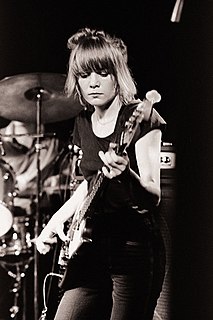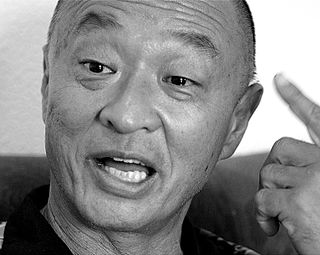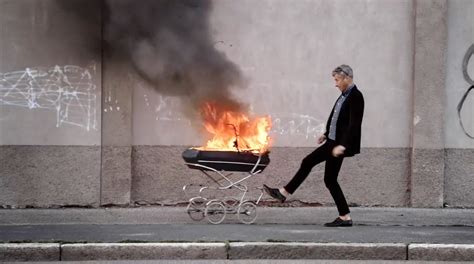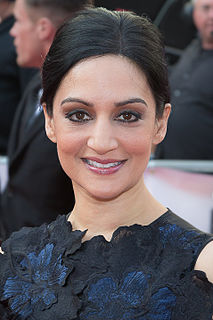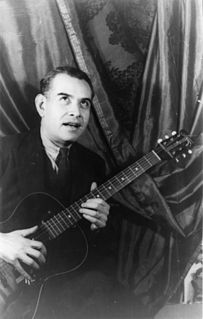A Quote by Henri Matisse
Did not the artists of the great age of Japanese art change names many times during their careers? I like that; they wanted to safeguard their freedom.
Related Quotes
Progo,' Meg asked. 'You memorized the names of all the stars - how many are there?' How many? Great heavens, earthling. I haven't the faintest idea.' But you said your last assignment was to memorize the names of all of them.' I did. All the stars in all the galaxies. And that's a great many.' But how many?' What difference does it make? I know their names. I don't know how many there are. It's their names that matter.
Playing Japanese characters and being in environments that are Japanese, like a character's apartment or whatever, if you have directors or art directors who just don't know what' s what with Japanese culture, then pretty soon something's just passed through. I've been through many times where I've pointed out the incorrectness of so much of what's been done to a set.
Each film has its processes. It doesn't mean that all animated films have to be like "Boy and the World," but creators have to have total freedom. There are films that are born with the purpose to sell. They are still admirable films with great artists and great visuals, but we wanted to use a more radical approach to create art. That's what we tried to do.
I knew from a young age that I wanted to be an actor. I never even thought about other careers. The acting field is certainly not the path many Indian parents encourage their children to take, but mine were very supportive. They wanted me to have an education, but understood that this is what I wanted to do.
It's pretentious to say, but my art is like a little Zen story, a story with a question mark at the end. People can take from it what they need. If somebody says, "Your art is very funny," I say, "You are totally right." If somebody says, "Your art is very sad," I say, "You are totally right." In Japan they say, "Your art is very Japanese, you even look Japanese.Your great-grandfather was most surely a Japanese man." And I say, "You are totally right."

